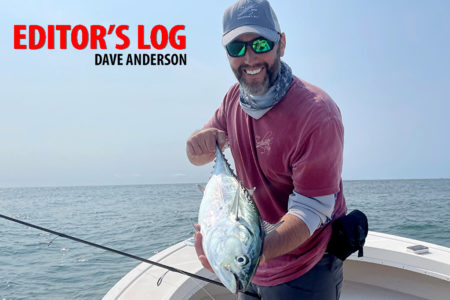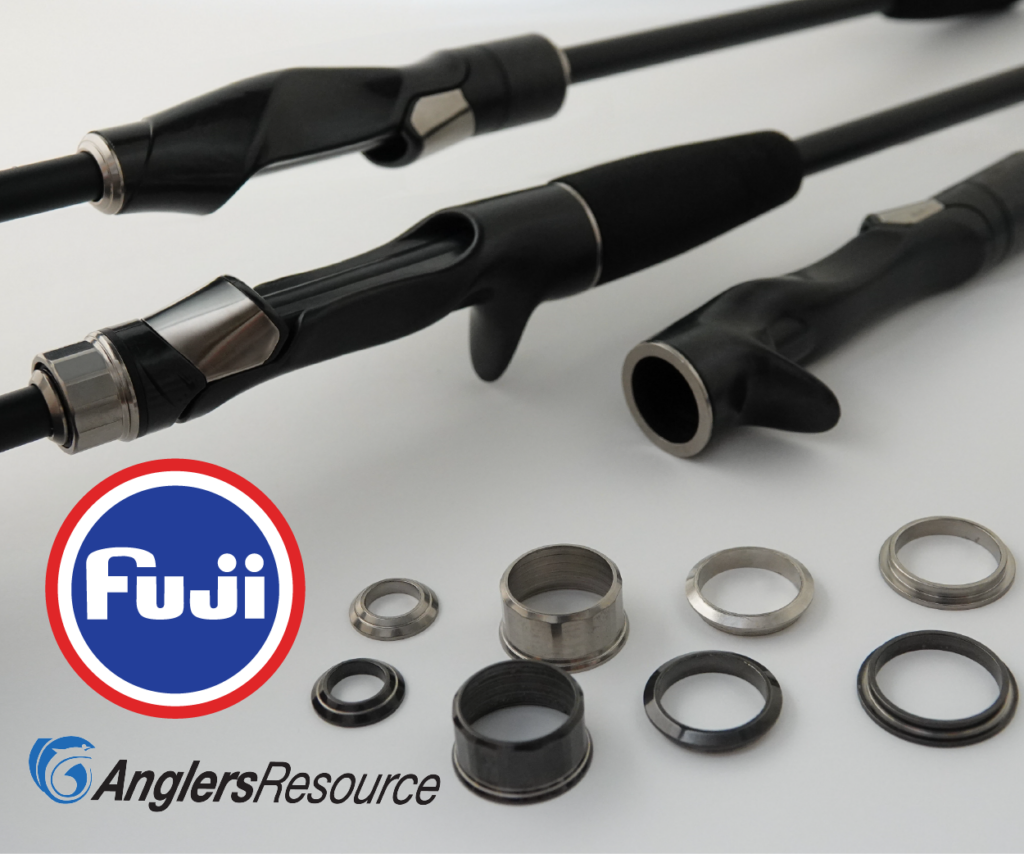As the boating season unfurls its sails on Long Island, the waterways fill with enthusiasts promising safe seas and awesome adventures. Though invigorating, this influx of maritime activity carries with it the weighty responsibility of safety. Each year, the season’s excitement is marred by avoidable accidents that bring the critical need for vigilant and conscientious boating practices to the forefront.
Safety on the water begins long before a vessel leaves the dock. It starts in the garage, at the marina, and with the individual. Boaters must ensure their vessels are in prime condition to face the unpredictability of Long Island’s waters. This means conducting thorough pre-departure checks, ensuring mechanical components are functioning correctly, safety gear is accessible, and emergency protocols are understood and ready to be implemented.
Education is the cornerstone of maritime safety. Regardless of whether you’re a seasoned boater or a novice enthusiast, a comprehensive understanding of boating safety rules, navigational regulations, and first aid is essential. Boating safety courses provided by esteemed organizations like the U.S. Coast Guard Auxiliary and the National Safe Boating Council are invaluable and often overlooked resources. These programs not only teach the essentials of boat handling and maintenance but also foster a sense of responsibility towards fellow boaters and the environment.
The waters around Long Island are as challenging as they are charming. Sudden weather changes can swiftly transform a day’s outing into a complicated ordeal. Responsible boaters must habitually check weather forecasts and understand the signs of impending changes in weather conditions. Moreover, just as on the roads, traffic on the waterways must be carefully navigated. The increase in boating activity during the season heightens the risk of collisions. Maintaining a vigilant watch and adhering to maritime traffic regulations can prevent most accidents.
Among the most significant dangers on the water is the impairment of a boat operator. Alcohol consumption, while a common aspect of leisure boating, significantly increases the likelihood of accidents by impairing judgment, balance, and the reflexes necessary for safe boat operation. The law is clear—operating a boat under the influence is illegal and carries severe penalties. More importantly, it can have catastrophic consequences. Choosing sobriety when operating a boat is not just a legal obligation but a moral one, essential for the safety of all aboard and others sharing the water.
Creating a culture of safety within the boating community on Long Island is a collective endeavor. It’s not just about individual preparedness and responsibility, but also about a community-wide commitment to safety standards. Boating clubs, marinas, and individual enthusiasts should collaborate to organize safety drills, share knowledge through workshops, and advocate for safe boating practices. Seasoned boaters should mentor newcomers, and families should ensure that even the youngest members understand basic safety measures like wearing life jackets.
Local authorities also play a critical role in ensuring safe boating. Regular patrols and strict enforcement of boating laws help maintain discipline on the water. However, engagement rather than mere enforcement can have a lasting impact. Programs that involve the community in safety initiatives provide educational resources and celebrate safe boating practices to encourage a proactive approach to safety.
As we look forward to another vibrant boating season on Long Island, let us steer our collective course toward safety with as much enthusiasm as we pursue our regular activities. Only through a committed and comprehensive approach to boating safety can we truly enjoy Long Island’s waterways. Safe boating for the season.



